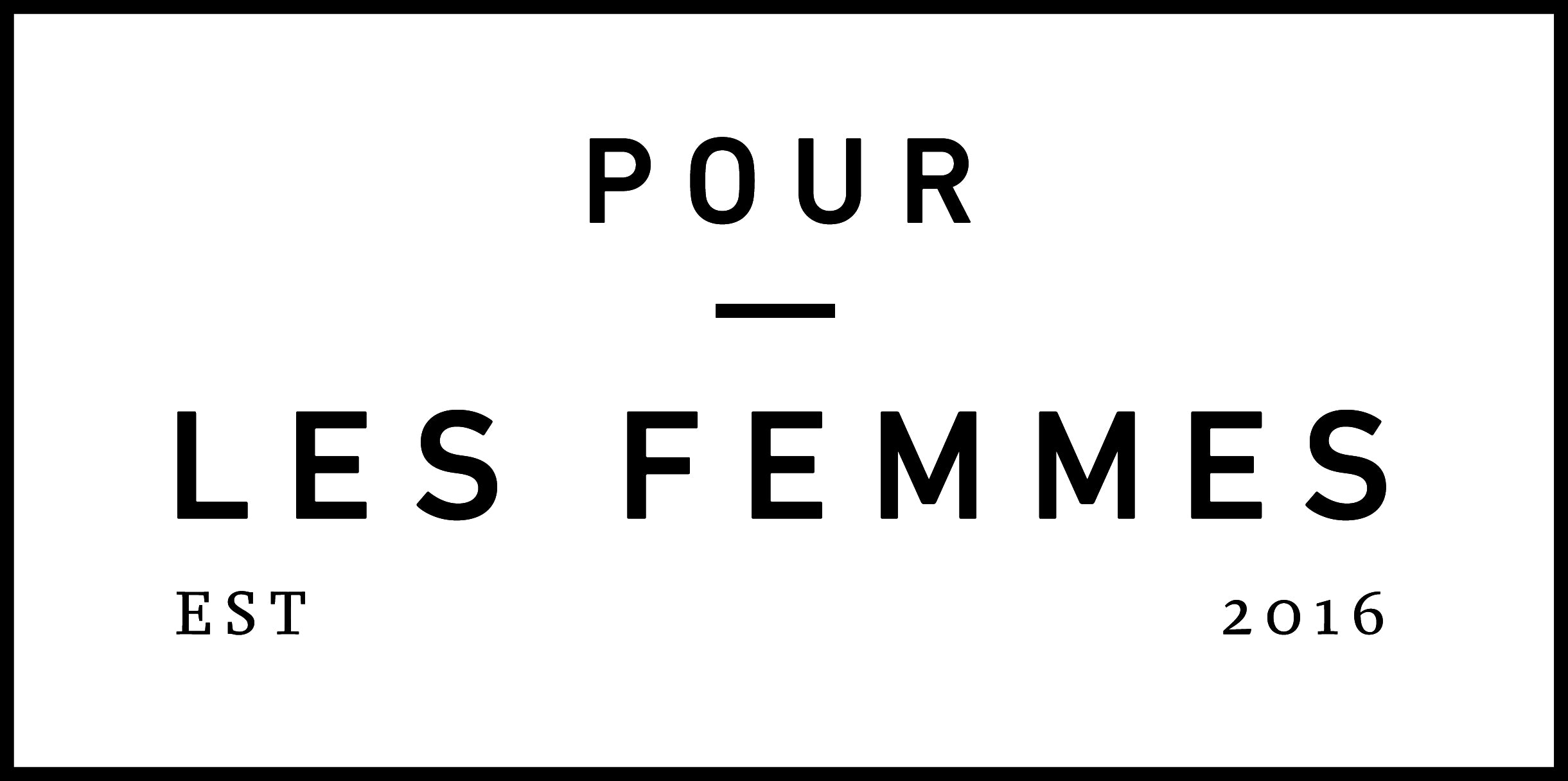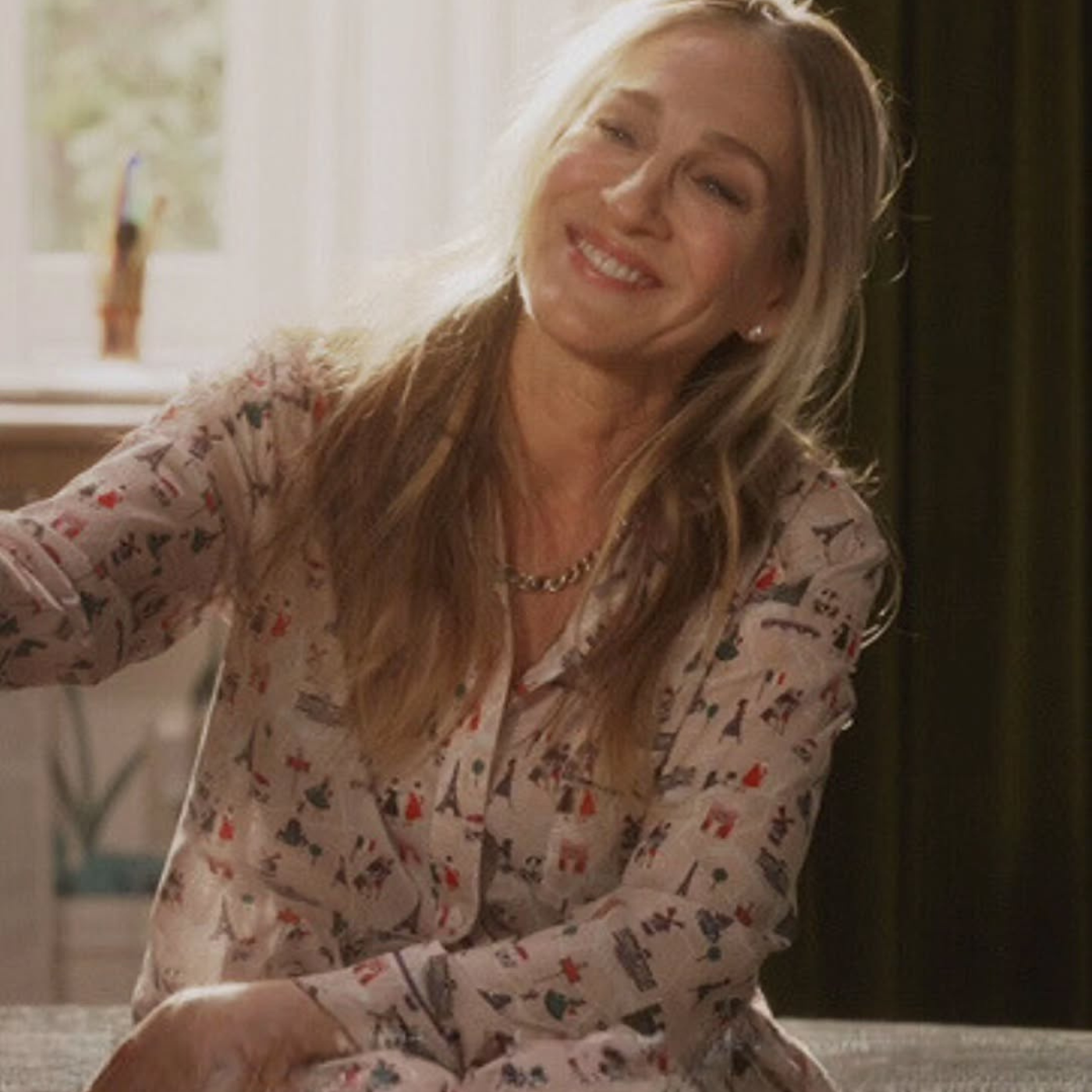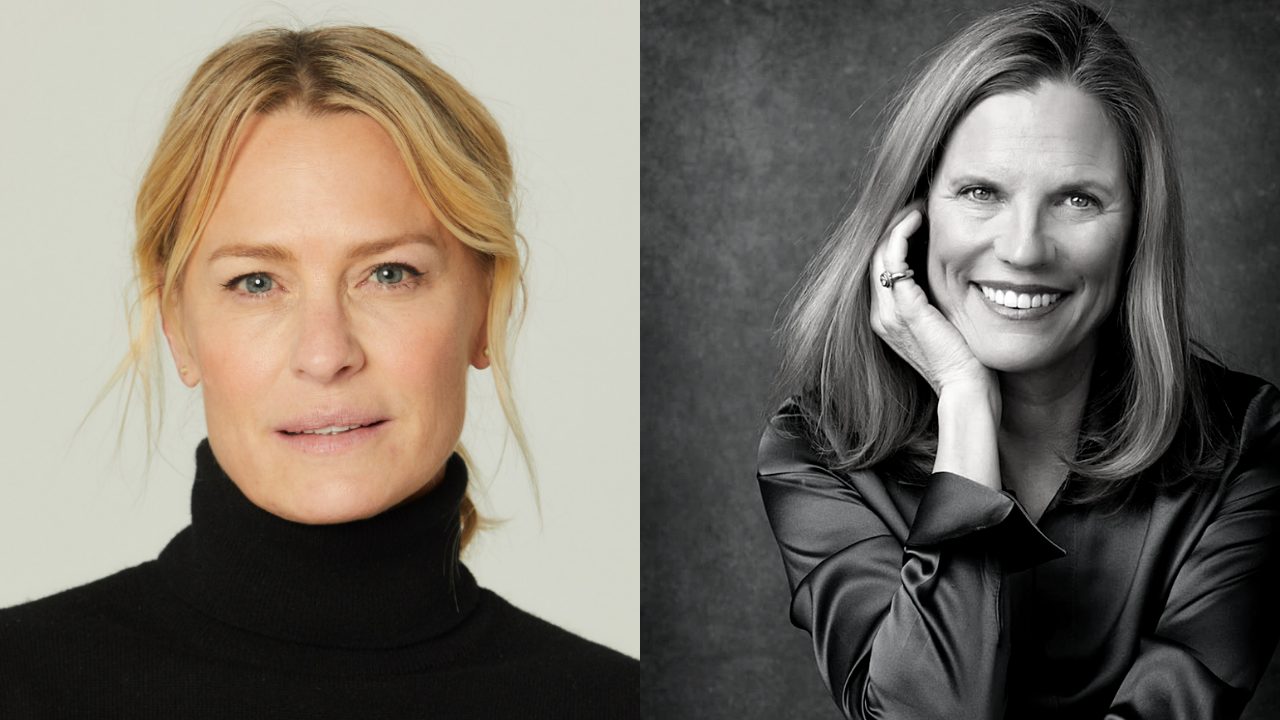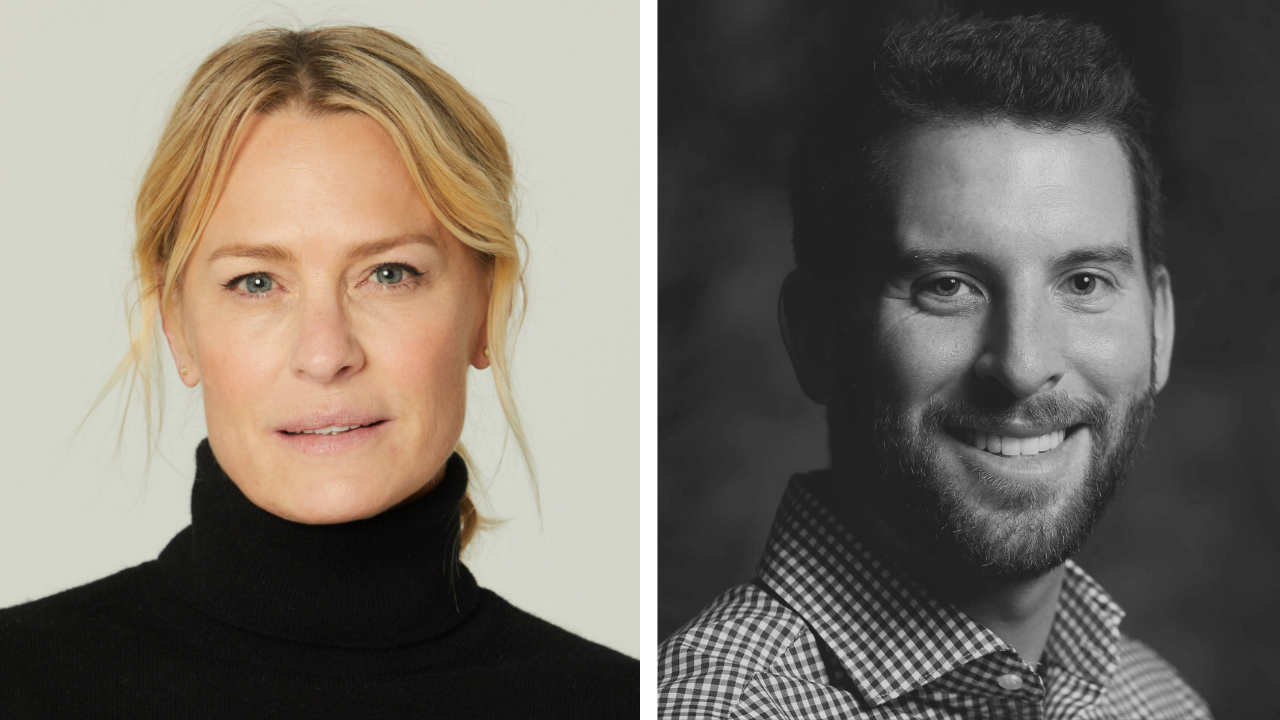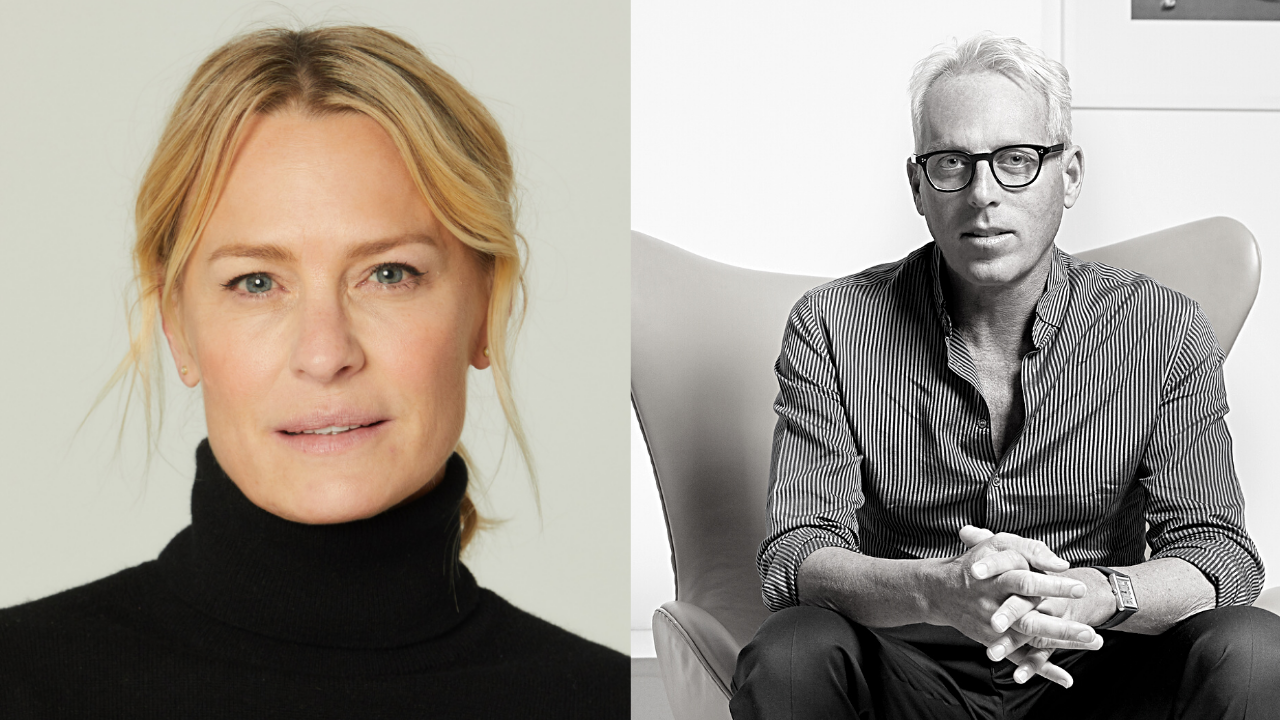Transcript
Allyn Stewart
Oh this is so exciting because I've never been directed by you.
Robin Wright
Oh, yes, you have!
We're just gonna fill in all the people. This is Allyn Stewart, Hollywood producer. Allyn, you reached out to me when I was on House of Cards, I think our last season or Season Finale last season and you brought me the script called Land that you produced and I directed and acted in.
Allyn Stewart
As exemplified by these pajamas that have the picture of our cabin on them!
Robin Wright
I want you to talk about and thank you for doing this a because you are a veteran. of female power in this industry. And you and I have had so many great conversations about being a woman in the business. But will you first just tell us how you started and how long you've been in this business and where that landed?
Allyn Stewart
Okay. Yeah. I started when I was 21 for 20 Century Fox in London. Having overcome the head of distribution, say, "what if I went to Europe and got pregnant?" That was the leading worry, I suppose at the time. I was in London for three years and I really learned the ropes and realized that ultimately the center of motion picture business is in LA so then I came back to LA and I was blessed in that I was the second generation of all of these very successful female producers --I'm sorry, executives--who then all became producers, who just became my mentors.
Robin Wright
What was the first project that you got a producer credit on?
Allyn Stewart It was a movie called Bliss. Because what happened was I was an executive for 15 years. And then I realized, you know, you really belong producing movies. So I made I was making all these big movies at Warner Brothers. And then I quit. I started over I did a little movie that a little bigger than a little bigger. And I really learned the ropes of being a producer.
Robin Wright
You produced I Dreamed of Africa that I was actually offered. I think at one point, I couldn't do it and Kim Basinger did it, right?
Allyn Stewart
That's right. I Dreamed of Africa. Africa would have been so much more fun!
Robin Wright
Right? We would have had a blast! It was a good movie. Great script. Good movie.
Madeline with Francis McDormand you produced. Sully with Tom Hanks. And then we got to play together. Can you just talk about what is the difference between the time you began in Hollywood and today being a woman in this industry having that title?
Allyn Stewart
So much is different and so much is the same?
Robin Wright
What's the same?
Allyn Stewart
To the downside, you know, when the #MeToo movement started, Laura Dern and I were shooting a film in Atlanta. And we created this roundtable, whomever we could get to come--crew members, actors--of women to talk about their experience. And I was stunned at how many female crew members go through. daily harassment. And in particular, if you play ball, you get elevated and if you don't play ball, if you say no, I really don't want to sit on your lap, then you don't get elevated and that was commonplace. I was surprised to see that around the table.
When I first started off as an executive, I think you had to kind of get through that part of, well, "can she oversee a big budget movie?" And thanks goodness I had women ahead of me that had done so and mentored me to be able to do that. And I think the same thing in producing when I first started producing, you know, women producers were a rare breed. And so we had to keep proving ourselves that we could handle the job that didn't really bother me because I've had to prove myself for my entire executive career.
Now I find interesting, I guess what's changed is, yes, there are many women that are incredibly good and successful producers. But generations that I felt because I was so generously mentored that it was my responsibility to pay it forward. So I've always hired more. I've mentored women, in terms of as an executive, I've hired more women and absolutely with each film, I hire as many women as I can, because I feel an obligation to do that.
But what I also see which is a funny thing, you know, when we were succeeding as women, you were so grateful to be in the room that you were just helping each other like Hey, you made it you made it through the gauntlet, but then the next generation and the couple following there became this weird competition. Where I found I first I guess I was naive, and then I would go, wow, that woman is being competitive with me and is trying to stop me from what I want to do. And it was interesting to see that that was more of the male world that I saw this kind of competitive mano a mano. But women's unfortunately took that on too and for me, what I've learned over the years is you just need to be able to see it. So you can deal I think the knife tie was not seeing that it existed for a while. So once you see it, then a you know to do with that circumstance. And then it motivates me even more to give as many women as I can a break. Because you just realized it should be easy. It should be easy that women are hired for every single job in this business because we're good at it. Still isn't easy. All right.
I feel like one of the things that you and I discovered along the way so clearly is a because of our experience, and be because neither of us approach a day through ego. We never sweat the small stuff. And that's where I was always like, amazed by working with you is that you just didn't pay attention to stuff that didn't matter.
Robin Wright
I do feel like that's intrinsic in us and especially when we become a community of gals.
Allyn Stewart
Like survivors, like women are survivors. Maybe you and I went through circumstances that were insane. Yeah, we remark like, whoa, the winds are 75 miles an hour.
Robin Wright
Our trailer almost blew over! We were sleeping up on the mountain.
Allyn Stewart
But I think you know I want you you embrace the adventure of it. And you never took your eyes off the goal.
Robin Wright
Yeah, it's nice to have comrades on that. Yeah, I mean, right, because it was you and me and Leah and Laura was for producer female producers on that movie. And us for girls just navigating problems.
Allyn Stewart
Respect decision making Yeah. And respecting. I mean, I look back at those circumstances which became extreme. You know, we respected everybody around us to help find the solution. Instead of thinking, Well, I know the solution. And I think women as it were multitasking, but also we collaborate really well, I think.
Robin Wright
So that's, that's the best part of it is the collaboration. Yeah, that was one of the greatest parts of waking up every morning and come into set, right? We'd go to set. It's like what do you got, as the director just saying, you got ideas, bring them to the table. We'll use the best idea no matter what.
Allyn Stewart
I think that goes back to just having a lack of ego, which is if you're open, first of all, to just the crew in general, and they feel your respect, then the whole machine hands better. But equally, if you're open, they feel comfortable to bring ideas.
Robin Wright
If you could give one nugget of advice to someone that was in your shoes in their 20s at a big studio today. 2022 What little nugget of advice would you give that young woman?
Allyn Stewart
I think it's don't be afraid to not know.
When I was first working, I just was paralyzed all the time, because they've mentioned a name or whatever, and I didn't know what the heck anybody was talking about. So I would scribble--sit there stone faced, trying to pretend like I know what they're doing. I'd scribble over all the things I needed to note down, I would research at night. But it's okay to not know and I feel like if you're vulnerable to not knowing you're leaving yourself open to receive and accepting that serves you for the rest of your career.
Robin Wright
So very true.
